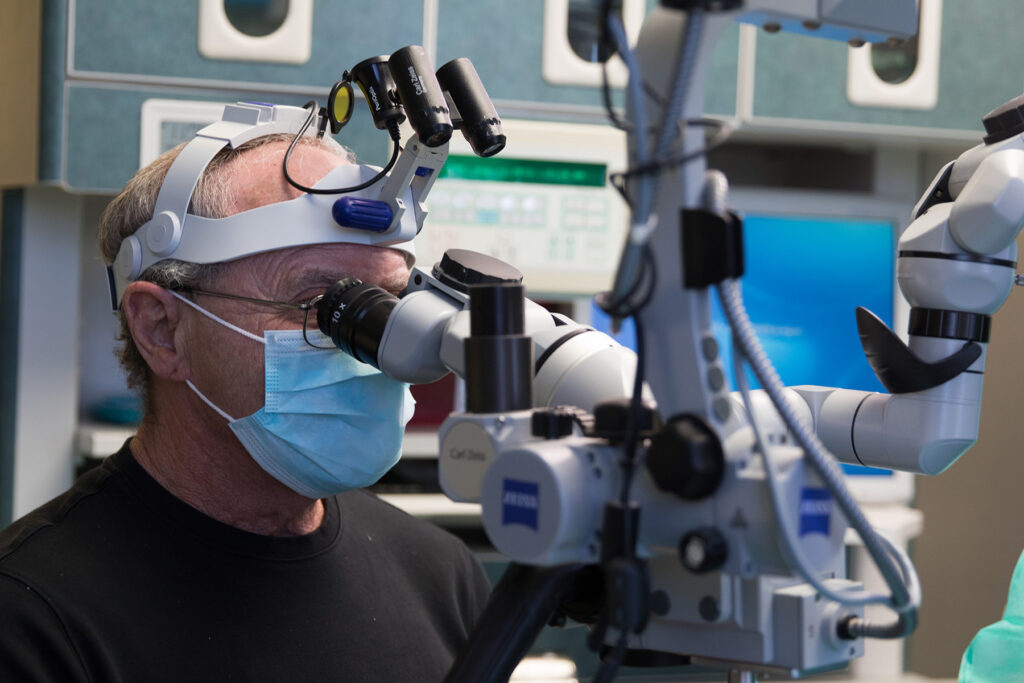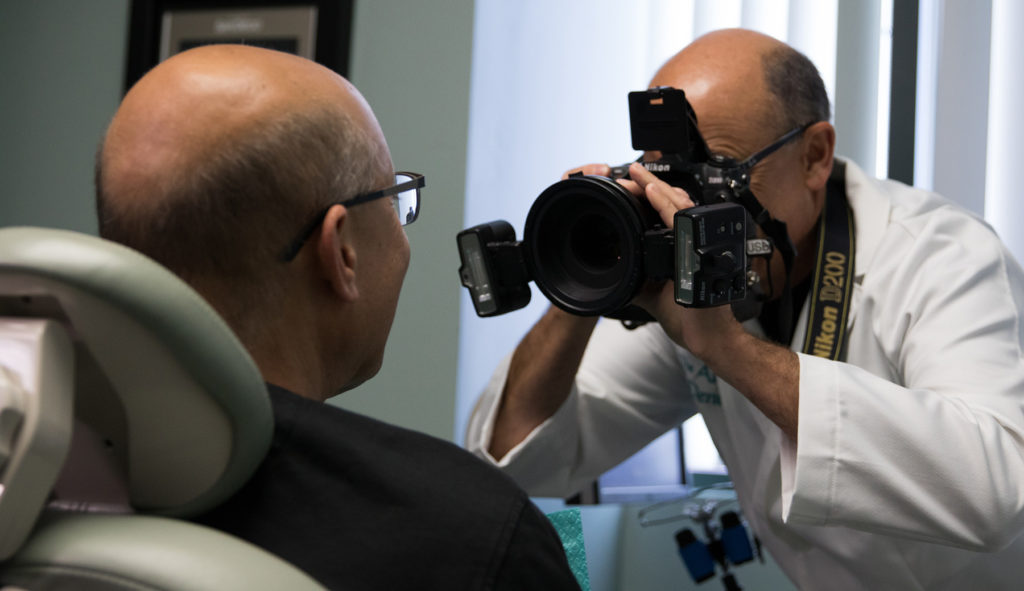Is Sedation Dentistry Right For You?
According to a medical study done by Karger Research, dental anxiety, or dental fear, is estimated to affect approximately 36% of the population. Another 12% suffer from extreme dental fear. While anxiety about visiting the dentist in common (and a great many patients neglect their dental care simply because of dentist-related phobias), this can lead to serious health complications.
The good news is, dental professionals are all-too familiar with these fears and have devised unique techniques to help patients. Sedation dentistry is one of these techniques! This approach helps meet client needs while eliminating or greatly reducing dental phobias by lowering levels of anxieties and increasing comfort during specific procedures.
Sedation dentistry may be for you if you struggle with:
- Dental anxiety/phobia
- Fear of needles or drills
- Sensitivity
- Low pain tolerance, or
- Sensitive gag reflex
Sedation dentistry is not “sleep dentistry.” Trained sedation dentists use treatment options which allows patients to remain conscious. Typically, the level of consciousness is dependent on the level of fear and the type of procedure that is being done. While some patients may fall asleep, the primary goal is to customize the approach to achieve the optimal level of comfort.
Types of Sedation
A key component to a successful, all-around dental treatment is understanding the dental process itself. This is especially true for those with dental-related anxieties. To help eliminate fear surrounding the dentistry process it’s important to familiarize yourself with the options.
Different levels of sedation can be used which include:
- Minimal sedation. Awake, but relaxed.
- Moderate sedation. You are awake, but may slur your words and not remember parts of the procedure.
- Deep sedation. You are on the edge of consciousness, close to sleep, but can be awakened easily.
- General anesthesia. Completely unconscious.
To help you relax, sedation dentistry typically employs:
- Nitrous Oxide. Sometimes known as “laughing gas,” this combination of nitrous oxide and oxygen is applied in controlled amounts and tends to wear off quickly. Usually this is given through a small nosepiece and allows the patient to remain awake throughout the procedure.
- This often results in a floaty, warm and happy sensation and can sometimes result in small lapses of memory. Typically, recovery from the effects is speedy and patients are often able to drive themselves home.
- Oral Sedation or Oral “Conscious” Sedation. This is a gentle sedation dentistry option that relaxes patients and is typically administered in the form of a pill taken an hour prior to your visit. For mild sedation, the pill most often used is Halcion, which is in the same drug family as the more popularized anti-anxiety drug known as Valium. The dosage can be mild to moderate, and is personalized depending on the level of discomfort or anxiety. In many cases, patients remain awake and responsive throughout the procedure; however, this option requires a companion to drive you to and from your visit.
- Moderate Sedation. This option is administered through a vein so the sedation process happens quickly. The dentist is able to adjust the level of sedation throughout the procedure in order to maintain the optimum level of comfort and consciousness.


About The Art of Dentistry
Located in San Diego, Dr. David Landau, Dr. Lawrence Addleson and their extraordinary team are widely recognized for their top-quality smile designs. They have been awarded with recognition from their peers for many consecutive years and have been credited for the “whole body” approach to cosmetic dentistry.
Is Sedation Dentistry Right For You? posted first on https://artofdentistrysandiego.tumblr.com
No comments:
Post a Comment